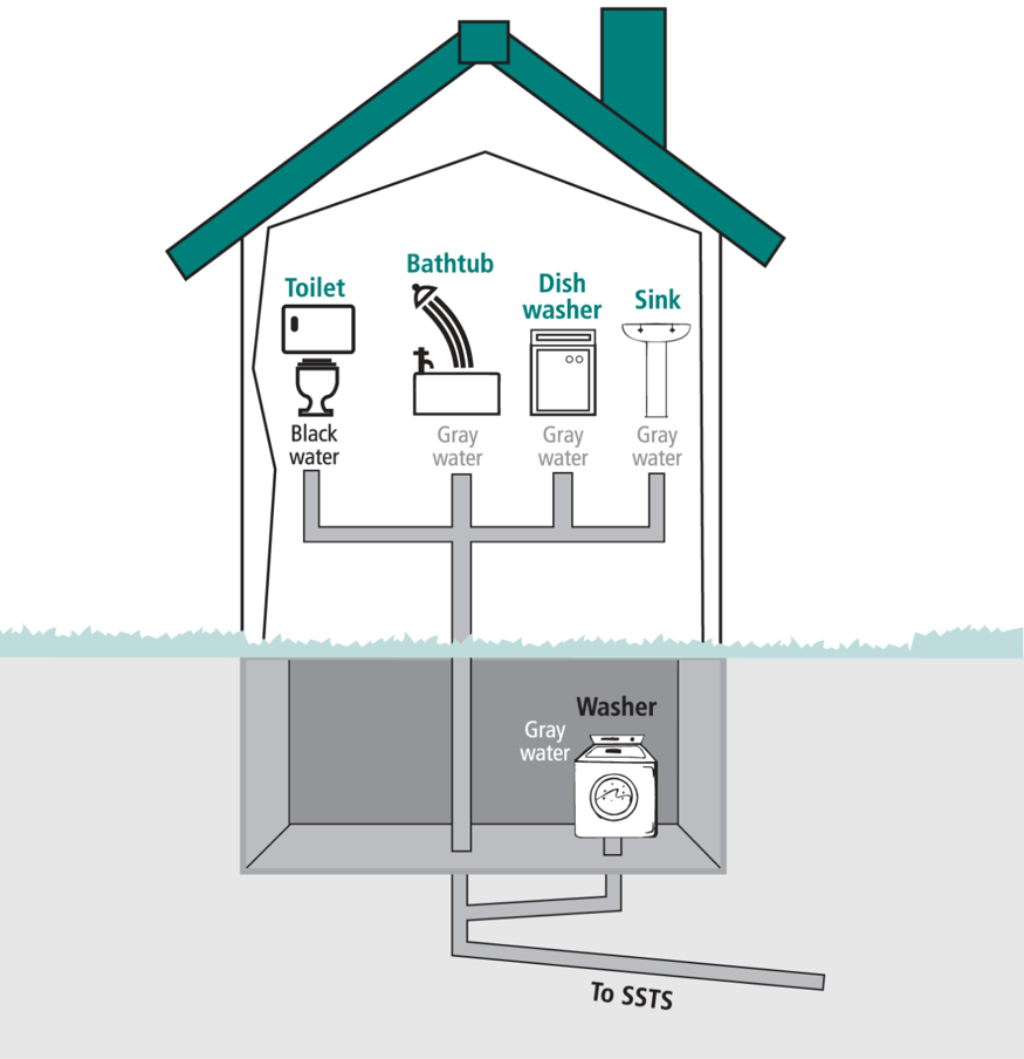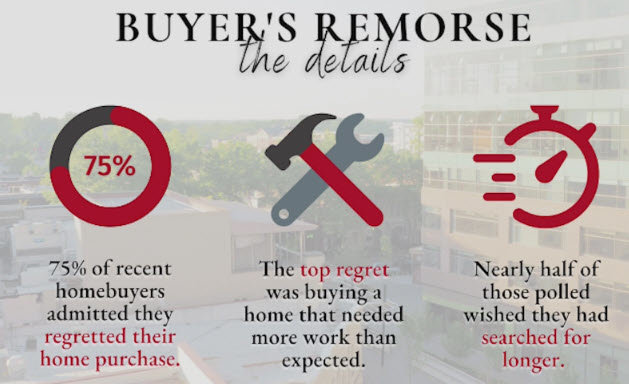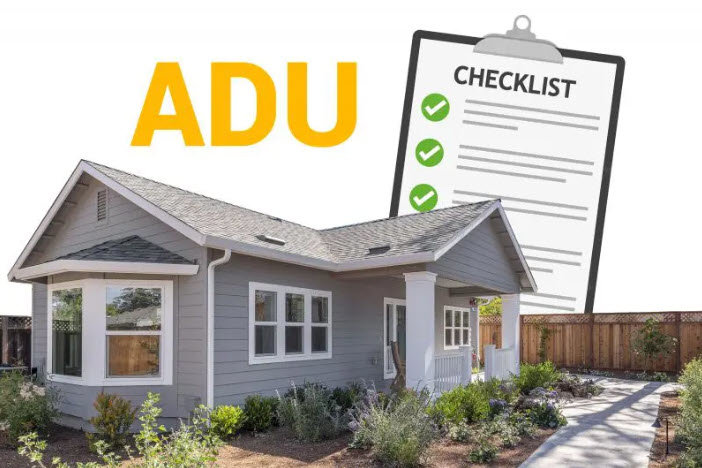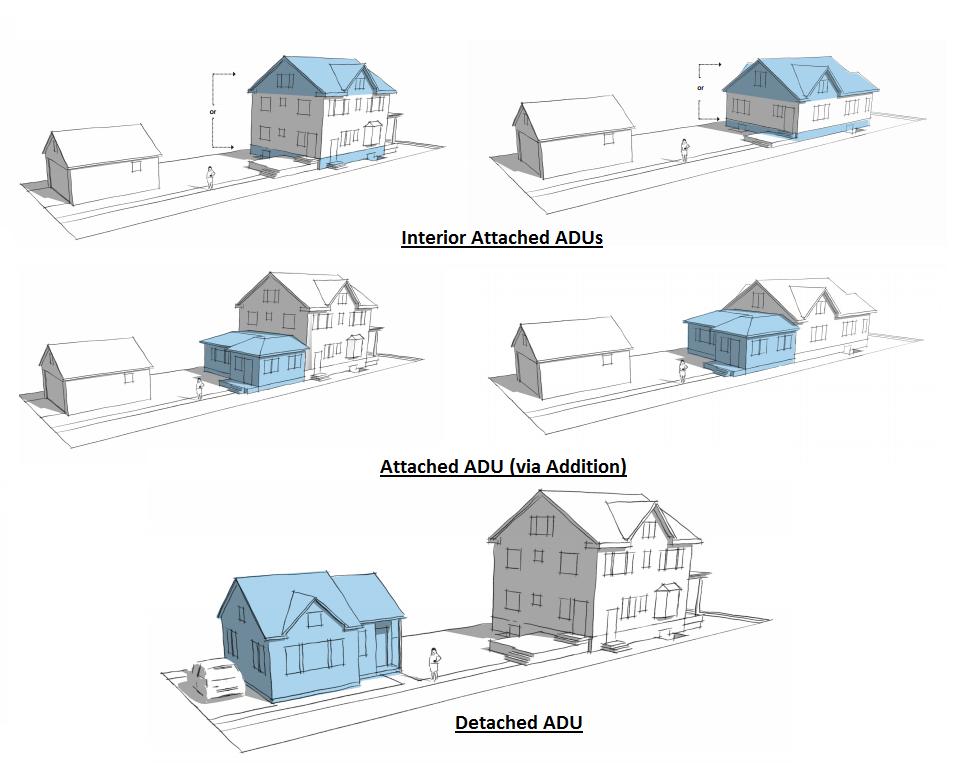The Adverse Impacts of Withholding Cobrokerage Commissions in Commercial Real Estate
Posted by Tim Bray on

In recent years, the commercial real estate industry has seen a concerning trend where commercial brokerage firms opt not to offer co-brokerage commissions to buyers' agents. The withholding of these commissions can have significant negative consequences for property owners, buyers, and the industry's reputation as a whole.
Adverse Impacts of Not Offering Cobrokerage Commissions
- Reduced Market Exposure
Cobrokerage commissions incentivize buyers' agents to bring their clients to a property, which expands the pool of potential buyers. By not offering these commissions, commercial brokerage firms limit the property's exposure to the market. This can lead to longer times on the market and, ultimately, lower sale prices.
- Lower Sale…
247 Views, 0 Comments








